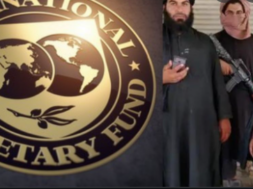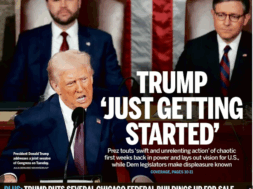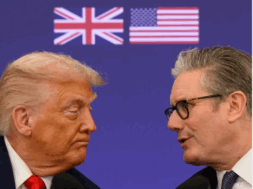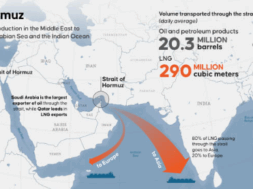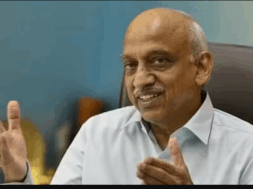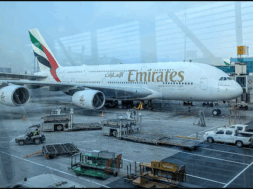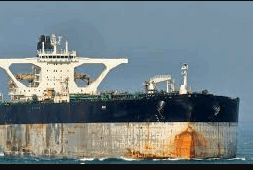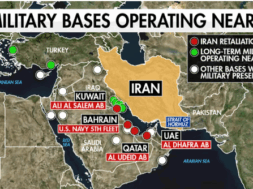
Afghanistan: IMF suspends engagement with Taliban govt
Virendra Pandit
New Delhi: Deeply concerned with dire economic conditions in war-torn Afghanistan, the International Monetary Fund (IMF) has dealt it a body blow by suspending its engagement with the Taliban-controlled country until the world recognizes its interim and rather unstable government studded by proscribed terrorists.
The US had already frozen USD 9.5 billion worth of reserves of the Da Afghanistan Bank and its assets.
The international body also urged the world to take urgent steps to stall a “looming humanitarian crisis” in Afghanistan at a time when the Taliban factions are busy fighting with each other and two of its senior-most leaders have not appeared in the public ever since the Islamist militia grabbed power last month.
“Our engagement with Afghanistan has been suspended until there is clarity within the international community on the recognition of the government,” IMF spokesperson Gerry Rice said at a press conference in Washington on Thursday.
“We’re guided by the international community in terms of the recognition of the government in Afghanistan and we don’t have that. So, the IMF program there has been put on hold; and, again, as we said, last month, the country cannot access IMF resources, SDRs, and so on, at this point.”
But Rice said the IMF is ready to work with the international community to advocate for urgent actions to stall a looming humanitarian crisis.
“We have said the immediate focus should indeed be on that humanitarian situation, aid to help the Afghanistan people, allowing the flow of remittances and small-scale transfers, and providing assistance to countries hosting Afghan refugees,” he said.
The IMF’s warning came after United Nations Secretary-General Antonio Guterres said earlier this week that Afghanistan faces a “humanitarian catastrophe” and a complete collapse of basic services under the Taliban rule. He told an international aid conference that the Afghans were facing “perhaps their most perilous hour”. Donors at the conference pledged more than USD 1.1 billion to help the South Asian country.
UN High Commissioner for Refugees Filippo Grandi said that even before the Taliban took over last month, more than 18 million Afghans, or about half the population, required humanitarian aid. Over 3.5 million Afghans were already displaced in a country battling drought and the Covid-19 pandemic.
The Taliban seized control of Afghanistan on August 15 and recaptured power, ousting the previous elected government backed by the West and headed by then-President Ashraf Ghani.
The interim Cabinet announced later by the Taliban consists of high-profile members of the insurgent group, many of whom carry awards on their heads.
Several countries have said they would wait and watch whether the Islamist militia fulfills its promises to the world on issues like an inclusive Afghanistan government and safeguarding human rights before they decide to give the new regime diplomatic recognition.
Even before the Taliban takeover, Afghanistan was reeling under chronic poverty and drought. The situation deteriorated further after the Taliban takeover in August as international aid has been disrupted. Also, tens of thousands of people, including government and aid workers, have fled, and economic activity has collapsed, making governance difficult.
International donors have since suspended aid to Afghanistan making disbursements contingent on the behavior of the new Taliban-led government, which has not yet been recognized by any country.
Banking activities in the war-torn country have also come to a standstill. Fund transfers to individuals in Afghanistan stand blocked, making the people reel from rocketing inflation, rising poverty, cash shortages, a plummeting currency, and rising unemployment.
